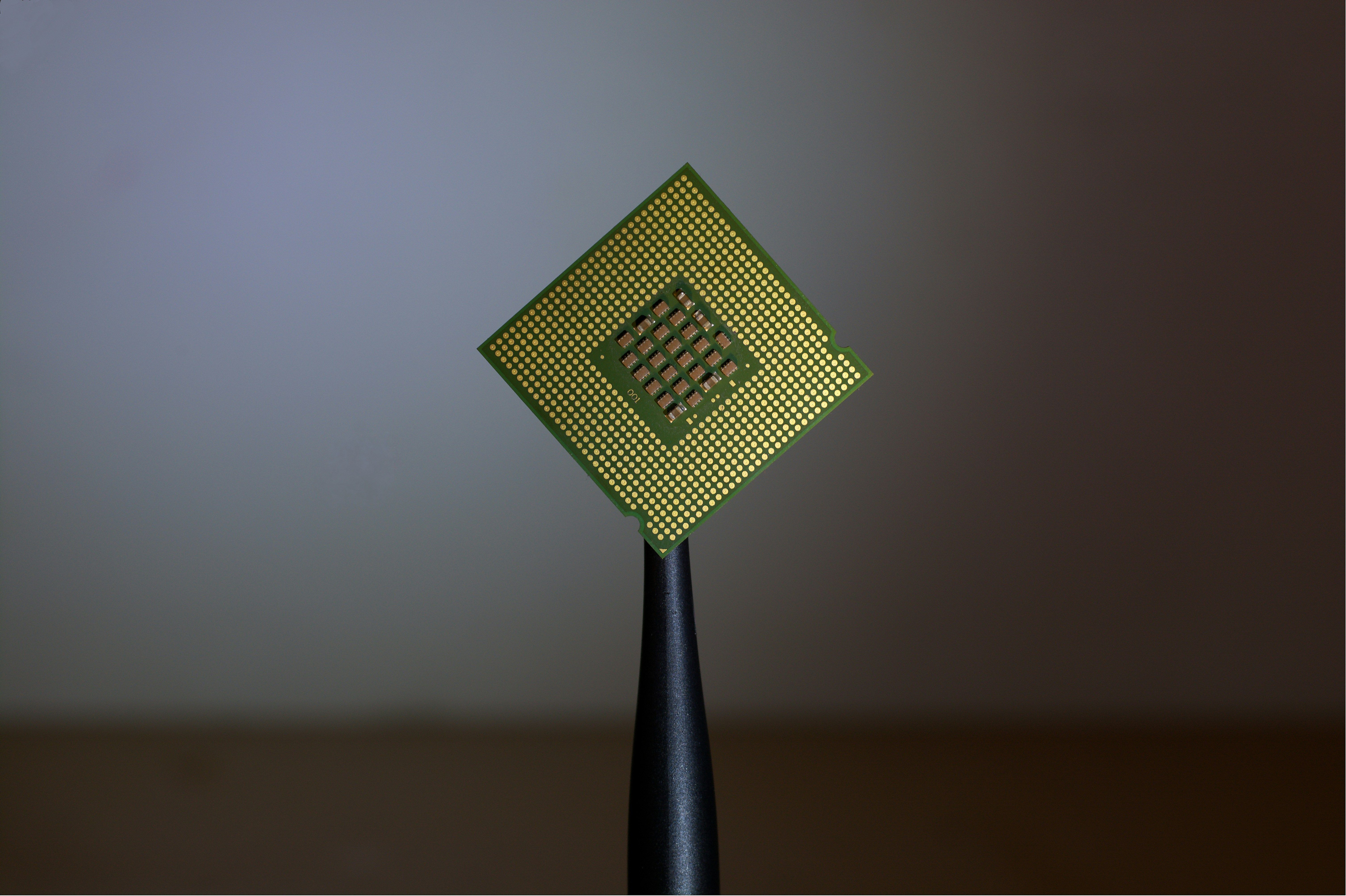TL;DR
- - Nvidia faces scrutiny from China over H20 chip security.
- - U.S. allows resumption of exports, complicating political tensions.
- - Potential impact on Nvidia's revenue and international chip trade.
- - Future of H20 chip sales depends on geopolitical relations.
As Nvidia resumes exports of its H20 chips to China, Beijing raises alarms over potential security risks, scrutinizing the technology for any possible backdoors. With the U.S. permitting these exports, Nvidia finds itself navigating a geopolitical tech minefield, impacting strategic market decisions and potentially influencing international chip policies.
Opening Analysis
Nvidia's H20 chips are once again in the spotlight as Chinese regulators express concerns over national security risks. The renewed scrutiny is not just a test of Nvidia's cybersecurity defenses but also of the delicate balance in U.S.-China technology relations. The implications are significant, as China, a major market for Nvidia, challenges the H20 chips' potential vulnerabilities, amid rising tensions with Washington.
Market Dynamics
The competitive landscape for AI chips is heating up. Nvidia's decision to resume H20 chip exports to China comes after assurances from the U.S., but the Chinese investigations could shift dynamics significantly. Any substantial findings could delay shipments, impacting Nvidia's standing compared to rivals like AMD and Intel, who may capitalize on the uncertainty.
Technical Innovation
Nvidia asserts that its chips contain no "backdoors," yet American AI experts previously cited tracking and remote shutdown capabilities within the H20 architecture. While these features aim to comply with U.S. security laws, they heighten Chinese suspicions. Any technical clarifications by Nvidia may need balancing both transparency and proprietary protection.
Financial Analysis
Nvidia's resumption of exports follows a $4.5 billion write-down of H20 inventory, highlighting the stakes involved. With newfound permission from Washington to sell in China, Nvidia plans substantial shipments to meet demand, reflected in recent orders of 300,000 chipsets from TSMC. However, potential delays or bans in the Chinese market could significantly alter financial forecasts.
Strategic Outlook
The geopolitical chessboard poses complex challenges for Nvidia. CEO Jensen Huang must navigate between fostering U.S.-China relations and securing market futures amid legislative pressures on both sides. With pivotal backing from the U.S. in resuming exports, Nvidia needs to ensure strategic compliance to retain China as a crucial market. These developments will be critical in shaping future strategies across global semiconductor industries.












